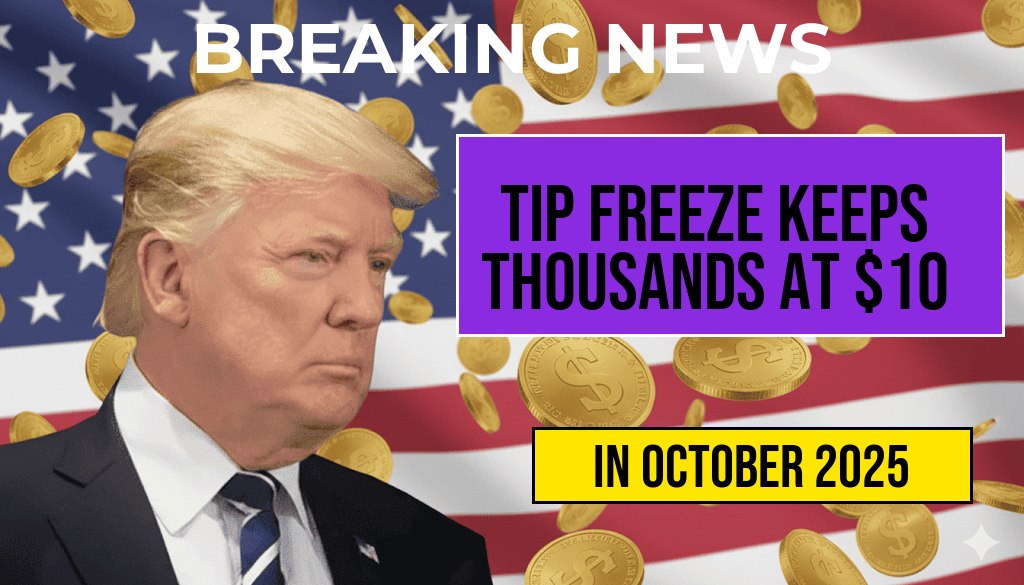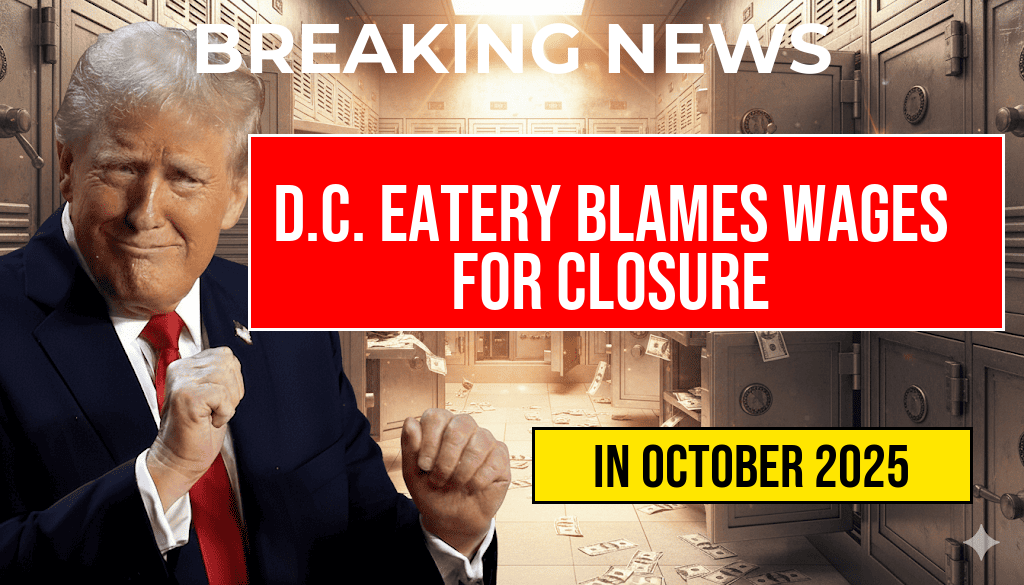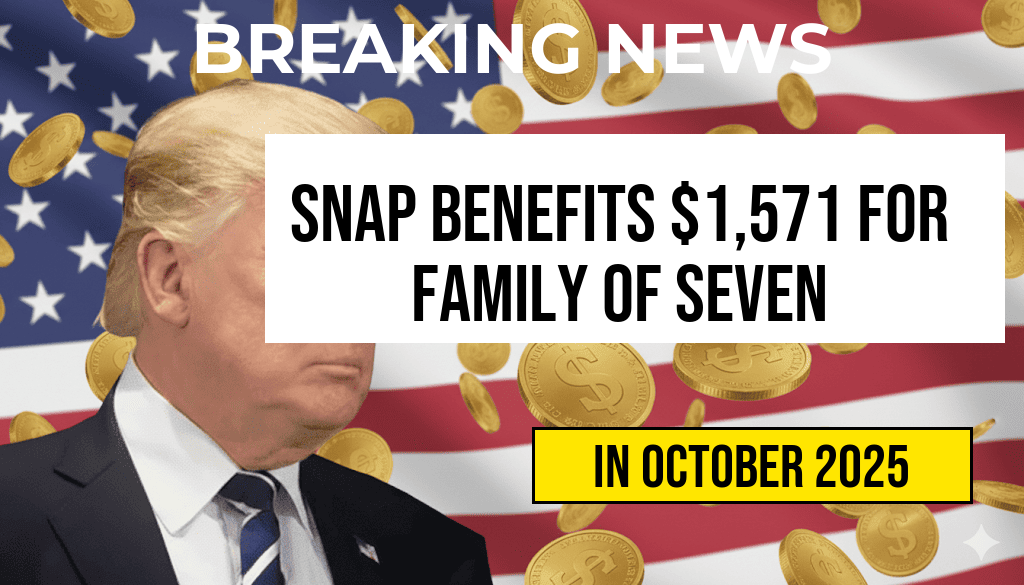Washington, D.C., is facing a significant challenge as a decision to freeze the tip wage until July 2026 leaves many service workers earning a minimum of $10 per hour with no adjustment in base wages this year. This policy, which affects thousands of employees in the hospitality and service sectors, has raised concerns about the financial stability of workers who rely heavily on tips to supplement their income. The freeze has prompted discussions among advocates and policymakers about the implications for living wages and economic equity in the nation’s capital.
Understanding the Tip Wage Freeze
In 2010, the District of Columbia established a separate tip wage for service workers, which allows employers to pay a lower base wage to employees who receive tips. Currently, this wage stands at $10 per hour, significantly less than the standard minimum wage. The recent decision to maintain this wage until July 2026 means that service workers will not see any increase, despite rising living costs.
Impact on Workers
Many service workers, including restaurant servers, bartenders, and taxi drivers, depend on tips to make ends meet. With inflation affecting everyday expenses, the stagnation of the tip wage has raised alarms among labor advocates. They argue that without a base wage increase, workers are effectively facing a pay cut in real terms.
- Cost of Living: Rising prices for housing, food, and transportation have outpaced the current tip wage.
- Worker Advocacy: Labor groups are calling for a reevaluation of the tip wage system to ensure fair compensation.
- Economic Equity: The freeze disproportionately affects marginalized communities who often make up the bulk of the service workforce.
Reactions from Advocacy Groups
Labor organizations and advocacy groups have expressed their disappointment over the freeze. They argue that the decision undermines efforts to provide fair wages for all workers in the district. “This freeze is a step backward,” said a representative from the D.C. chapter of the Restaurant Opportunities Centers United. “Service workers deserve a living wage that reflects the reality of their work.”
The Broader Economic Context
The decision to freeze the tip wage comes amid broader economic challenges faced by many cities across the United States. As inflation rates continue to rise, many local governments are grappling with how to support low-wage workers while balancing budget constraints. The D.C. city council is under pressure to address these issues in future legislative sessions.
Alternative Proposals
In light of the current situation, several proposals have emerged that could potentially offer relief to service workers:
- Implementing a gradual increase in the base tip wage over the next several years.
- Establishing a minimum wage that accounts for inflation to ensure workers’ earnings keep pace with the cost of living.
- Exploring alternative compensation models that provide a more stable income for service workers.
Looking Ahead
As the freeze remains in place until July 2026, the D.C. city council is expected to face increasing pressure from both workers and advocacy groups to reconsider the current tip wage structure. Discussions around wage equity and labor rights are likely to intensify as the economic landscape evolves. The outcome of these discussions could significantly impact the livelihoods of thousands of service workers in the capital.
For more information on the ongoing discussions regarding the tip wage in Washington, D.C., you can visit Forbes or check the latest updates from the D.C. Labor Council.
Frequently Asked Questions
What is the D.C. tip freeze?
The D.C. tip freeze refers to a temporary measure that prevents the increase of the minimum wage for tipped employees until July 2026. This means that many workers will remain at the current tip wage rate of $10 for an extended period.
How does the tip freeze affect workers?
The freeze keeps thousands of tipped workers in D.C. at the $10 wage level, with no base wage increase this year. This can impact their overall earnings and financial stability due to the lack of wage growth.
Why was the tip freeze implemented?
The tip freeze was implemented as part of a broader discussion on wage policies in D.C., aiming to balance the interests of both workers and employers in the hospitality industry during challenging economic times.
When will the tip freeze be lifted?
The tip freeze is set to remain in place until July 2026, after which it is expected that a review of the wage policies will take place to determine future adjustments for tipped employees.
Are there any exceptions to the tip freeze?
No, the current regulations do not provide any exceptions to the tip freeze. All tipped employees in D.C. will be affected equally by this policy until the set expiration date.






